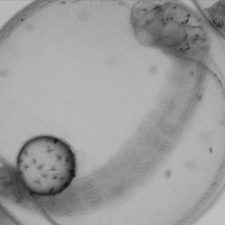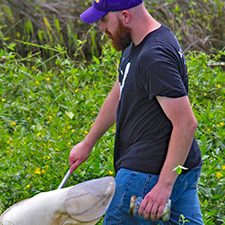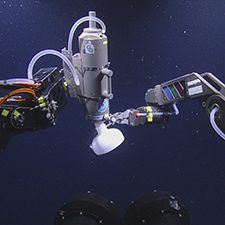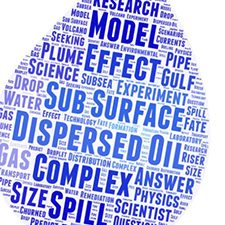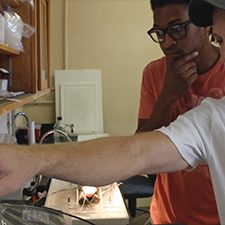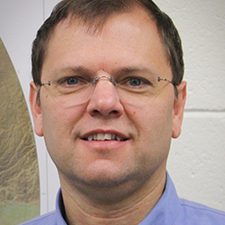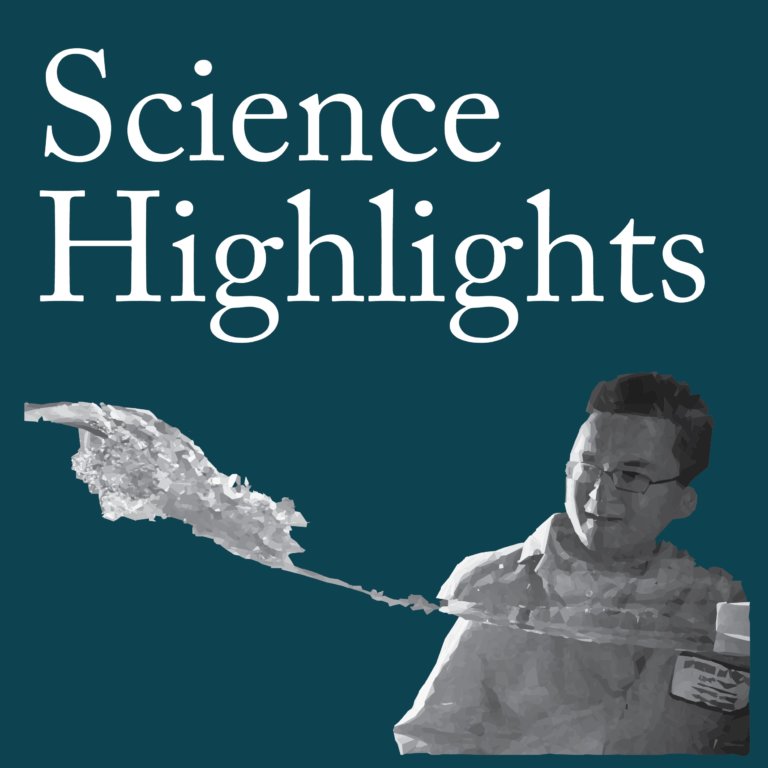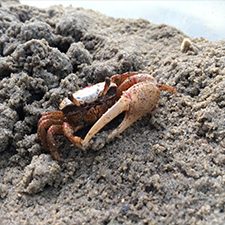Study Finds Slick Oil has Greater Impact than Source Oil on Fish Development
Scientists analyzed effects from non-weathered source oil (collected directly over the Deepwater Horizon wellhead) and weathered slick oil (collected from surface skimming) on the microRNAs of mahi-mahi embryos.

